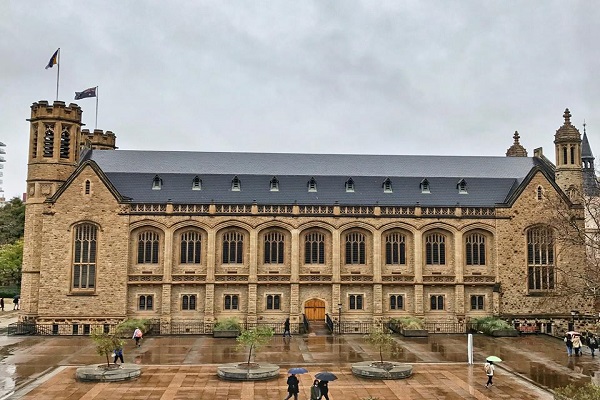University of Adelaide: Making compulsory land acquisition easier
New research on compulsory land acquisition could help to create change and make the process less stressful for impacted households.
“Compulsory land acquisition occurs when governments and private developers need access to private land for new infrastructures such as renewable energy assets. If not managed, this process can threaten community wellbeing and cohesion,” says the University of Adelaide’s Associate Professor Duygu Yengin from the School of Economics and Public Policy.
Associate Professor Yengin led an interdisciplinary team that examined how compulsory acquisition could be improved nationally.
“Improving trust early in the negotiation process can reduce the time and costs associated with reaching a mutually acceptable outcome,” she says.
Associate Professor Yengin and Dr Tracey Dodd conducted qualitative interviews with impacted citizens, and other stakeholders to produce a new approach.
“Compulsory land acquisition…if not managed, this process can threaten community wellbeing and cohesion.”
Associate Professor Duygu Yengin from the School of Economics and Public Policy, the University of Adelaide.
This approach was presented by Associate Professor Yengin at the South Australian Parliamentary inquiry into intersection works and compulsory acquisition and the last phase of the North-South Corridor project.
Their research highlighted the need for:
Establishing mutual objectives for citizens and government;
Building positive relationship with citizens through negotiations;
Reviewing the fairness of compensation and wellbeing;
Timelines and timeliness;
Information transparency; and
Inclusion of recommendations from the public to improve the compulsory acquisition process.
“Compulsory land acquisition can take an emotional toll on residents” says Associate Professor Yengin.
“In our ongoing national study, we aim to understand current practice to provide advice on how processes could be improved,” says Dr Dodd.
Dr Yengin and Dodd’s preliminary findings have been incorporated into the final inquiry reports of the Public Works Committee, tabled in the South Australian Parliament on 5 September 2022.

